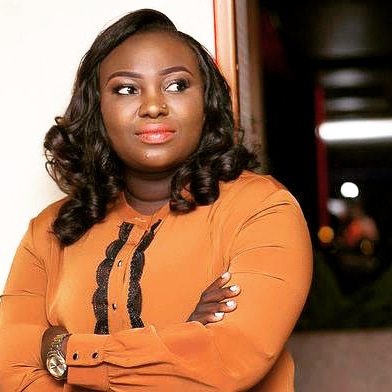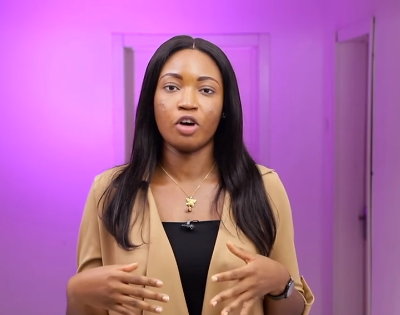
As a leader in the Nigerian non-profit space, I have had the rare experience of sitting in a banquet hall in Aso Rock at the request of a sitting president. I have also spent time in a decrepit classroom, surrounded by young men and women desperate to escape poverty and unemployment. I have interacted with thousands of people across various social classes and ethnic groups and one thing always stands out to me. In every one of these rooms, women are asked to perform labour then rendered invisible.
History has a record of a good number of women whose actions and decisions affected the world and advanced their communities for the greater good. These women excelled in technology, politics, business, religion, activism and in literature. Dame Ivy Dumont, Dr. Quentin Bryce, Mother Theresa, Queen Elizabeth I, Moremi of the Ancient Yoruba race, Margaret Thatcher and Joyce Meyer are some of these women who have forced the world to acknowledge them and earned their place in the canons of history.
I celebrate these women and the many more that have had the privilege of having their names immortalized, but my work and my personal experience obligates me to speak for the invisible women, forbidden from entering positions of influence, denied access and opportunities to make their own way.
When offered equity and given necessary opportunities, women are resourceful, responsible and judicious. The few organizations, bodies and nations who realize this fact and implement it experience growth and increased productivity.
Globally, women have fewer opportunities for economic participation than men, less access to basic and higher education, greater health and safety risks, and less political representation.
On grounds of their gender, many girls are not provided the opportunity to attain a formal education. Those who are find themselves restricted bias and discrimination and denied the level playing field to reach the heights they desire. Throughout the world, women and girls perform long hours of unpaid domestic work. In some countries, women still lack rights to own land or to inherit property, obtain access to credit, earn income, or to move up in their workplace, free from job discrimination.
Even when they are offered work, they are underpaid and overworked, forced to work in conditions akin to slavery and sexually harassed in the work place. Little consideration is made for women in the workplace who also want to have children and raise families, and women bear the brunt of choosing to have a family while men in similar situations do not suffer any real penalties. The bias against women in the workplace is so pervasive, it starts with the hiring process and constricts at every point of a woman’s career allowing only a handful of lucky women to reach the apex of their disciplines. This must change.
For that change to happen, we must partner with men to advocate for gender equality, but we must also be given spaces to advocate for ourselves through political empowerment. Though women comprise more than 50% of the world’s population, they only own 1% of the world’s wealth (Source, Peace Corps). At all levels, including at home and in the public arena, women are widely underrepresented as decision-makers. In legislatures around the world, women are outnumbered 4 to 1, yet women’s political participation is crucial for achieving gender equality and genuine democracy.
Imagine a world with equity.
The first rung in the ladder of equity is education. Education will not only provide opportunities for personal advancement, but will improve women’s personal self-esteem and grant them autonomy over their legal issues. Women should be able to stand up and rise to heights that their male counterparts have attained.
Guaranteeing the rights of women and giving them opportunities to reach their full potential is critical not only for attaining gender equality, but also for meeting a wide range of international development goals. Empowered women and girls contribute to the health and productivity of their families, communities, and countries, creating a ripple effect that benefits everyone.
Women’s empowerment is a critical aspect of achieving gender equality. It includes increasing a woman’s sense of self-worth, her decision-making power, her access to opportunities and resources, her power and control over her own life inside and outside the home, and her ability to effect change.
Moreover, this issue is not based on women alone. It has more to do with the relationship between men and women and how society visualizes them and how human beings make up the society.
Every human being should take up the responsibility of helping the world attain gender balance. Cautious work must be advanced towards closing the gender gap. Women should be paid equitable wages for domestic work and child rearing, forced labour and underemployment must be tackled and eradicated. Quotas will force governments to set aside roles for women and will force political parties to seek competent women to contest for and fill those roles. Gender parity must be achieved in and out of the work place and men must be sensitized to recognise and self-censor behaviour that targets and discriminates against women.




